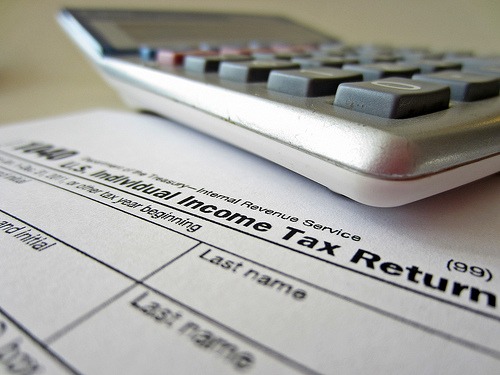While looking forward to next year, there are things you can do now to ensure a larger refund if you are among the unfortunate ones who have to write a check to the IRS this spring instead of receiving one. Be certain to take advantage of every deduction you are entitled to in order to receive the largest return possible. Here are 3 things you can do now to increase your tax return.
- Decrease the number of exemptions claimed on your W-4 form (the Employee’s Withholding Allowance Certificate)
The fewer exemptions you claim on the form, the more money will be held for taxes. So, next year you should receive a larger return or, if you underpaid your 2014 taxes, your 2015 tax responsibility can be reduced as well. Depending on what your full tax responsibility is, you may even receive a tax return next year. Before you do decrease the number of exemptions, you will need to bear in mind that reducing the number of exemptions also translates into a reduction in the amount on your paychecks.
- Give More to Charities
The IRS allows tax breaks for charitable donations which you can claim at the end of the year. This includes not only monetary donations, but also the value of material goods (they must be in decent shape). Tax breaks also take into account the cost of dishes made for charity dinners and cost of gas used for travelling purposes for charity use. You will need to document everything, keep receipts, and acquire a receipt from the charity for the fair market value of items you donate.
Moreover, organizations to which you can donate and declare as tax deductible contributions include:
- Religious non-profit groups;
- Charity organizations;
- Educational institutes;
- Organizations promoting scientific research;
- Human and animal rights organizations.
So clean out your closets, do something good for others, and get those tax breaks for yourself!
- Enroll in a Health Savings Account
If you have a high deductible health plan, you can open a Health Savings Account which allows you to pay for any out-of-pocket medical expenses with pre-tax dollars. This reduces your taxable income, lowering your tax responsibility for the year. A Health Savings Account is different from a Health Spending Account, or a Flexible Spending Account offered by an employer, as it belongs to and stays with the individual and not an employer. In addition, money is not forfeited at the end of the year if you don’t spend it at all. Opening an account is easy, allows you to put aside money for medical expenses, and lowers your taxable income (all in one shot!).



